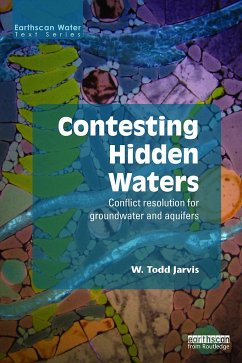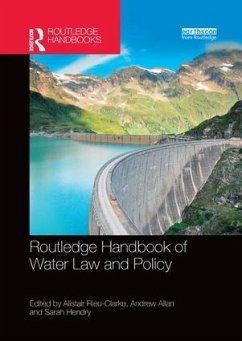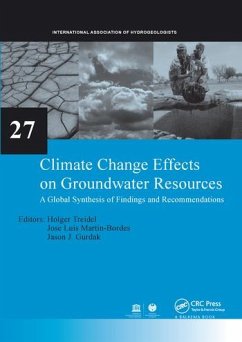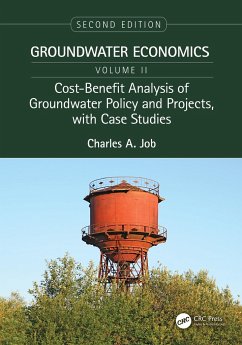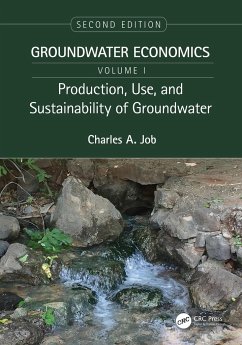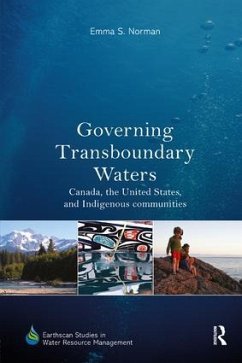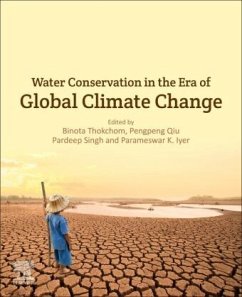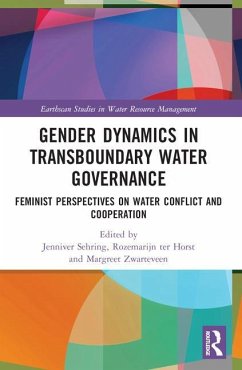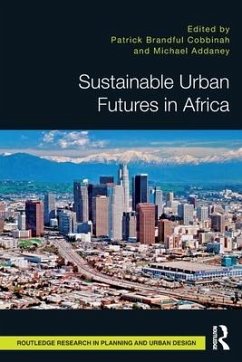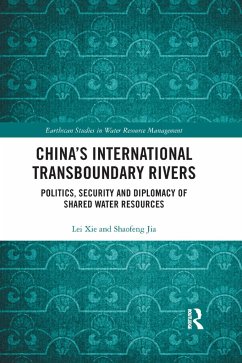
Groundwater
Recent Advances in Interdisciplinary Knowledge
Herausgegeben: Stephan, Raya Marina; Nickum, James E.; Wester, Philippus
Versandkostenfrei!
Versandfertig in 6-10 Tagen
43,99 €
inkl. MwSt.

PAYBACK Punkte
22 °P sammeln!
Groundwater is invisible, but its impact is visible everywhere. Everything around us relies on groundwater, our drinking water and sanitation, our food supply and our natural environment. Yet because it is invisible, information, management and governance of groundwater is often poor and inadequate. This book contributes to UN Water Groundwater year (2022), and to the effort of "making the invisible, visible". Through worldwide case studies ranging from the Americas (California, Brazil), to Asia (India, Iran, Lao PDR, Nepal), Africa (Malawi, Tanzania, South Africa) and the MENA region (Lebanon...
Groundwater is invisible, but its impact is visible everywhere. Everything around us relies on groundwater, our drinking water and sanitation, our food supply and our natural environment. Yet because it is invisible, information, management and governance of groundwater is often poor and inadequate. This book contributes to UN Water Groundwater year (2022), and to the effort of "making the invisible, visible". Through worldwide case studies ranging from the Americas (California, Brazil), to Asia (India, Iran, Lao PDR, Nepal), Africa (Malawi, Tanzania, South Africa) and the MENA region (Lebanon, Morocco, Yemen), including cases of transboundary aquifers, the chapters in this edited volume reflect important recent advances in interdisciplinary knowledge on the governance, management, practice and science-policy interfaces of groundwater.
An insightful resource for researchers and planners in the field of environmental policies, water laws, climate change and groundwater governance, this book comes with a new Introduction. The other chapters were originally published in Water International.
An insightful resource for researchers and planners in the field of environmental policies, water laws, climate change and groundwater governance, this book comes with a new Introduction. The other chapters were originally published in Water International.





